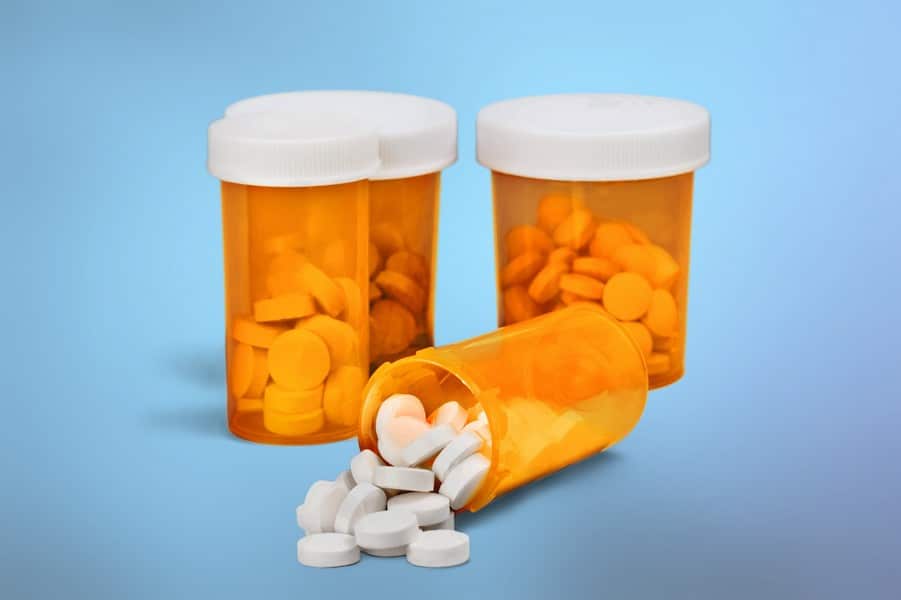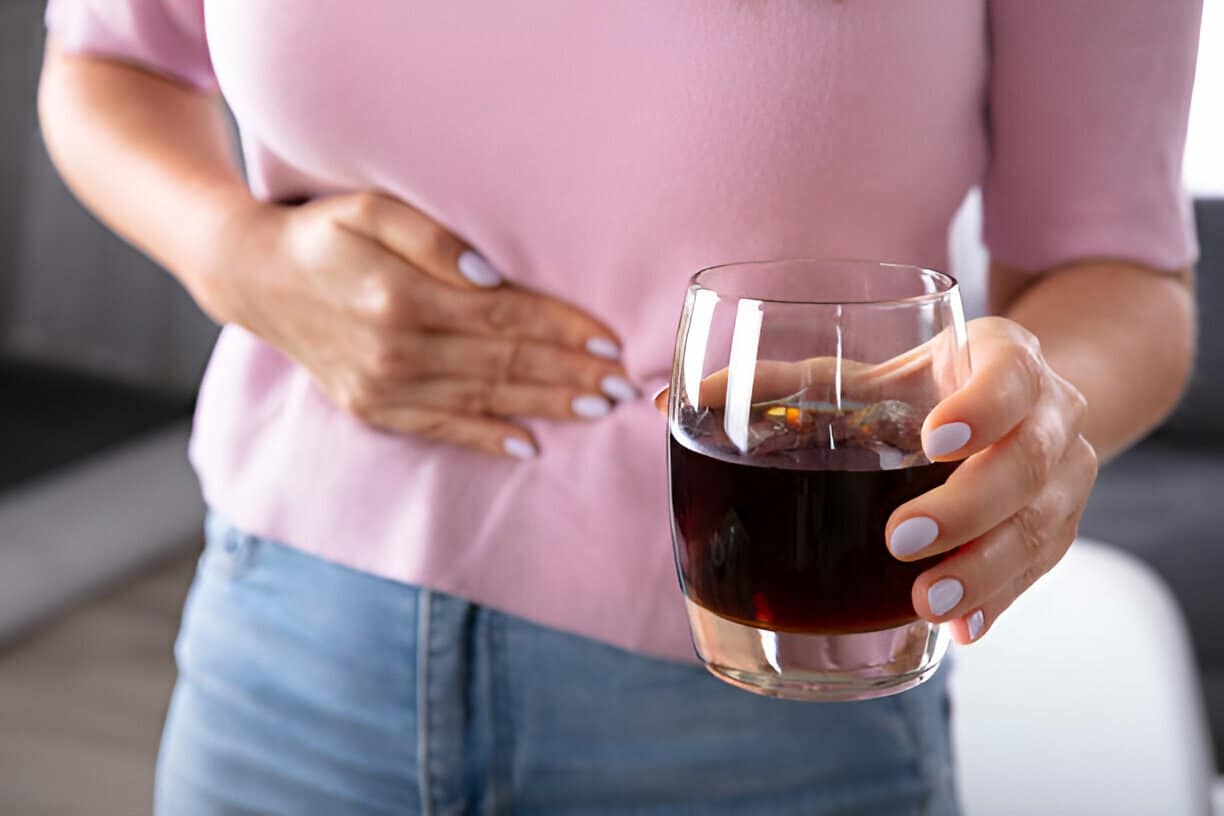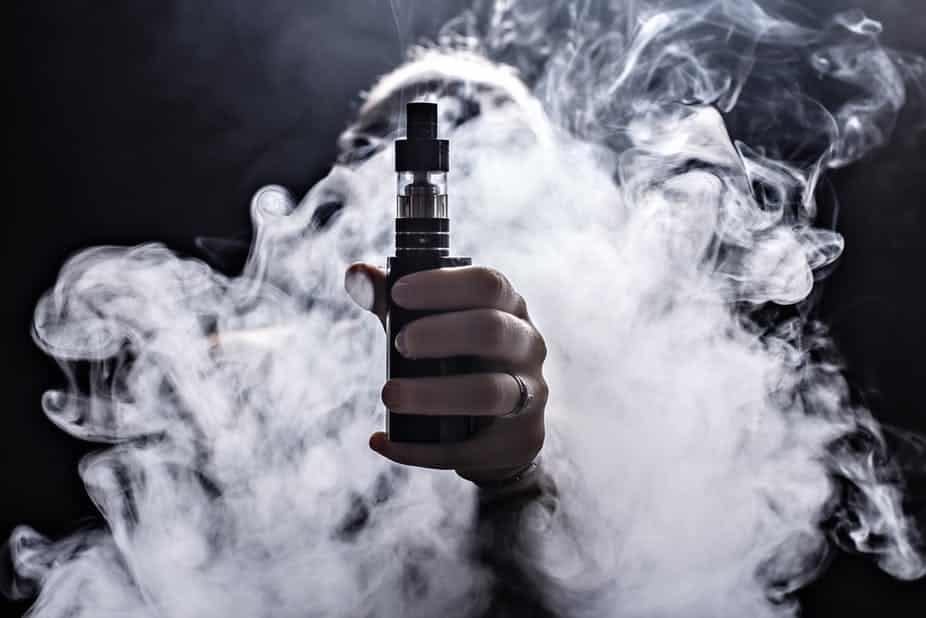Halcion is the original brand name for Triazolam, which was invented in 1970 and has been on the market in the United States since 1982. It’s a central nervous system depressant used in the same way as other benzodiazepines in clinical practice. Halcion, however, is primarily used to treat severe insomnia as compared to other benzodiazepines.

Halcion is a muscle relaxant with hypnotic, amnesic, anticonvulsant, and anxiolytic effects. Halcion is not suggested for people with early or frequent awakenings because of its short half-life. The drug’s short half-life makes it unsuitable for long-term therapy of anxiety or seizure control.
Halcion is a potent Benzodiazepine used to treat insomnia, anxiety, aggression, suicidal ideation, schizophrenia, psychosis, and Tourette’s syndrome. Because of the medication’s potency, there’s a high potential for Halcion addiction and abuse.
If your loved one needs support dealing with an Alcohol Addiction, contact us today on 0800 999 1083. We can help you by recommending treatment options.
Halcion is a restricted drug that is frequently abused because it produces a “high” comparable to that of alcohol. Halcion usage or abuse can lead to physical addiction and dependence, and some people can become addicted to it in as little as two weeks. Even those who have a prescription for Halcion can become addicted to it.
Halcion targets brain function-regulating neuroreceptors. This reduces hyperactivity in the brain and encourages deeper sleep. Halcion’s half-life is substantially shorter than that of other Benzodiazepines. The half-life of Halcion, or how long it stays active in the body, is only 1 to 2 hours. Other Benzos have a 70-hour duration.
According to case studies, the usage of benzodiazepines like Halcion has been linked to the development of physical dependence and addiction. A rise in your tolerance to a drug generally precedes physical dependency and addiction. This can happen whether or not you’re taking Halcion as directed by your doctor (or if you use it short-term or otherwise).
If you try to quit cold turkey, you will experience withdrawal symptoms.
The symptoms of Halcion withdrawal are extremely similar to the symptoms of alcohol withdrawal. Because Halcion has such a short half-life, you may suffer withdrawal symptoms quickly once you’ve formed an addiction.
Halcion is only indicated for short-term use because long-term use can lead to tolerance. This means that more medicine is required to achieve a given level of relief or satisfaction. Abuse is defined as taking more than the recommended dose. If you think the drug isn’t working as well as it did when you initially started taking it, you should consider stopping before increasing the dosage.
Some people purposefully abuse Halcion to get euphoric or because they enjoy the tranquil effects of the substance. Alternatively, people could be seeking to forget about an unpleasant reality or memories of a past traumatic incident because when under the effect of Halcion, they can forget.
Others abuse Halcion without even realising it. As previously stated, tolerance to the effects can develop quickly, increasing the dosage frequently. The majority of people are unaware of the consequences of doing so. They feel that it must be entirely safe because a doctor has given the medication.
Other risk factors for Halcion addiction include:
Existing Medical Conditions – Patients with medical difficulties such as muscle pain or alcohol withdrawal are more inclined to abuse sedatives like Halcion to control their condition.
Existing Mental Disorders – Mental illnesses such as anxiety and panic disorders can force people to use Halcion for longer than they need to, resulting in growing tolerance to the drug and, eventually, an overdose.
Polydrug use – The use of Halcion in conjunction with other depressants or drugs to enhance its effects. Such drug usage is harmful because it can worsen addiction’s chances and have lethal consequences.
Genetics – Research has revealed that genetic makeup has a significant role in the development of benzodiazepine addiction. If you have a family history of benzodiazepine abuse or another type of addiction, you run a substantially increased risk of developing drug dependence while taking Halcion.
Environmental variables – According to research, those who live in an environment with easier access to benzodiazepines – or who are regularly surrounded by people with addiction – are more prone to engage in similar behaviours.
Because of its active component, benzodiazepine, and how it affects the chemical structure of your brain after prolonged misuse, the substance is incredibly addictive and one of the substances responsible for the high levels of prescription drug abuse. The longer you abuse Halcion, the more intense your addiction becomes and the more difficult it is to break free. The best method to avoid becoming addicted to a drug is to use it only (and always) as directed by your doctor.
Signs of Halcion abuse can manifest as a variety of indications and symptoms. Only a certified mental health clinician may formally diagnose a substance use problem. Nonetheless, some reactions and behaviours can raise suspicions that an individual needs treatment for their Halcion usage.
If you’ve already acquired a physical dependence on Halcion, you’ll probably start to experience the following adverse effects and abuse symptoms:
The following are examples of psychological indications of abuse and addiction:
Depending on the intensity of your addiction, you may also have a symptom known as Delirium Tremens (DT). This is usually marked by an abrupt shift in your mental state that leaves you feeling disoriented and confused. Extreme anxiety, tremors, hallucinations, and a shortened attention span are among symptoms of DT.
The following are some behavioural indicators of a Halcion addiction:
When taking Halcion for longer than recommended or at greater doses, the user’s body can quickly build a tolerance to the drug. Users have even developed an addiction while adhering to a doctor’s dosage recommendations.
The following are withdrawal symptoms linked to benzodiazepine abuse, especially Halcion abuse:
Seizures can occur during the withdrawal process from Halcion, which is a dangerous and potentially lethal scenario. Furthermore, benzodiazepines like Halcion are frequently used with other drugs of abuse, most commonly alcohol or stimulants, and users may have severe and complex withdrawal symptoms from several substances of abuse. Because of the potentially dangerous conditions that might arise as a result of Halcion withdrawal, it is critical that anyone who has abused Halcion through withdrawal under the supervision of a specialist.
Most people who develop an addiction to any mood-altering substance will struggle to accept that their use has become a problem.

Addiction has a lot of stigmas attached to it, and most individuals aren’t ready to label themselves as addicts, especially if they’ve only ever used medicines prescribed by a doctor.
However, recognising the signs of Halcion dependence and addiction is critical because you must get treatment as soon as possible. Overcoming a Halcion addiction can be difficult. As a result, immediate help is usually required.
According to research, the negative effects of Halcion include:
If you’ve been using Halcion for a long time, you’ve probably developed an addiction to it. This is most likely affecting your daily life negatively. You may be unable to function normally without the medicine, and you have become accustomed to its effects to the point where you now take it both at night and throughout the day. Perhaps you’ve started taking additional substances at night to boost the medication’s effects?
Other indicators of chronic long-term Halcion misuse, aside from addiction, include:
With long-term use of Halcion, you will be statistically more likely to develop Alzheimer’s disease. According to a study released by Harvard Health Publishing, those who took drugs like Halcion for 3-6 months had a 32% increased risk of developing Alzheimer’s disease. Those who used benzodiazepines for more than six months had an 84% increased risk. Longer-acting benzos were associated with a higher risk than shorter-acting benzos such as Halcion.
Certain chemicals can cause undesirable or even catastrophic adverse effects when used with Halcion. Because the following substances can increase the toxicity or depressive effects of Halcion, it’s critical to tell your doctor about any medications you’re taking when you’re prescribed Halcion.
Halcion should never be combined with alcoholic beverages or illicit drugs.
Don’t go through the process of recovery alone. Treatment providers can answer your questions. Get in touch with one today.
Call 0800 999 1083 today!
Because Halcion is commonly used for treating insomnia and anxiety disorders, individuals who use it may abuse it in the future to increase the drug’s effects and get addicted.
Self-medicating or combining anxiety medicines with other substances is common among people with co-occurring disorders. Some of the co-occurring disorders are post-traumatic stress disorder, anxiety, and major depressive disorder.
Treating someone with a substance use disorder is a complex and time-consuming task. Individuals who abuse benzodiazepines like Halcion frequently have extremely complex problems, including polysubstance abuse, co-occurring psychological disorders, and various other difficulties that must be addressed during the rehabilitation process. Because people with substance use disorders frequently have complicated histories and co-occurring problems, it’s critical for those trying to recover from addiction to get professional support. In the case of someone who has been abusing Halcion, the risk of significant withdrawal difficulties only adds to the urgency of seeking expert help.

You should be aware that overcoming a Halcion addiction entails more than just stopping using the drug. It’s also essential to address the underlying conditions contributing to the addiction’s growth. This will happen in a rehabilitation centre, where you will participate in individual and group therapy sessions.
Detoxification, rehabilitation, and aftercare are all part of a full recovery programme. When you integrate all three aspects, you’ll have the best chance of long-term success.
Depending on the intensity of the addiction and withdrawal symptoms, treatment can be delivered as an outpatient or inpatient programme.
A complete assessment by a competent mental health practitioner should be the initial step in the treatment process to identify all co-occurring disorders linked with Halcion abuse. The assessment results serve to steer the overall therapy strategy and adjust the treatment procedure to the individual’s specific needs.
Due to the possibility of severe withdrawal symptoms, most people who abuse Halcion will require medical detox as the first stage of treatment. A physician will typically monitor the person’s early recovery and withdrawal, administering medications, including a benzodiazepine, on a tapering schedule to reduce and control Halcion withdrawal symptoms and seizure potential and closely monitor the individual throughout the withdrawal period to address any complications. Because withdrawal management programmes gradually reduce the drug’s dosage to give the patient’s system time to adjust, the programme may take longer than attempting to withdraw without medical aid. However, there is far less risk of health complications, and the individual is far less likely to relapse.
During medical detox, the individual should undergo formal substance use disorder treatment, which may involve therapy. Therapy is usually based on the Cognitive Behavioural Therapy paradigm, which tackles an individual’s belief system and helps them comprehend their irrational thought and belief patterns, as well as how they influence their behaviour. This enables the person to retrain their thinking and behaviour so that they can function without the usage of drugs or alcohol.
The individual must be treated as a whole person throughout the healing process. Other activities should include social skills training, vocational rehabilitation or specific job training, education, physical therapy, occupational therapy, case management, and other interventions.
Even though substance abuse is a fundamental issue, these individuals require comprehensive treatment to recover and mend fully.
Contact our team today to receive professional treatment advice.

BACP accredited psychotherapist with 16 years experience working in mental health specialising in psychodynamic person-centred therapies treating those with a range of mental health disorders including anxiety, depression, OCD and Addiction.

Fill in your details and we’ll send you a message via SMS.

No matter where you live, there are drug and alcohol rehab options for you to discover. Treatment providers are waiting to answer your questions. Get started today.

Ever felt that gnawing ache or burning sensation in your gut after a night of drinks? You’re not alone. Stomach pain after drinking is a common complaint, and there are a few reasons why it might happen. Let’s delve into the science behind the discomfort and explore ways to soothe your stomach. The Irritating Truth: … Continued

Cocaine, a stimulant known for its short-lived burst of energy and euphoria, hides a dark side. Behind the initial high lies a dangerous potential for overdose, with severe health consequences and even death. This article delves into the world of cocaine overdose, equipping you with the knowledge to recognize the signs, understand the dangers, and … Continued

Adult smoking habits in the UK refer to how often and in what ways people aged 18 and above use tobacco. This includes everything from smoking cigarettes every day to occasionally lighting up, as well as using other tobacco products. Understanding these habits is important for several reasons: Public Health: Smoking causes many diseases that … Continued

Addiction in the UK is a complex issue that is connected to various aspects of society such as healthcare and law enforcement. It affects people from all backgrounds and has negative impacts on families, communities, and the entire nation. Understanding addiction involves not only looking at the uncontrollable use of substances and repetitive behaviors but … Continued

Don’t go through the process of recovery alone. Treatment providers can answer your questions. Get in touch with one today.
Call 0800 999 1083 today!








